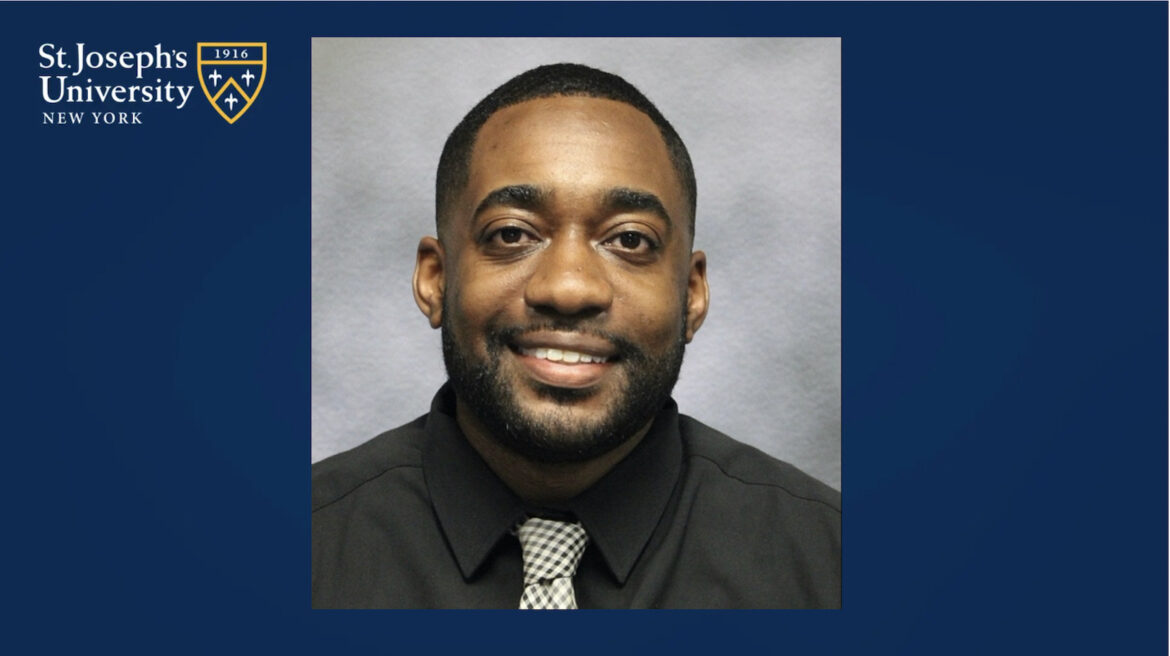As a first-generation college student, Gerome Bell ’11 has made a career of furthering his education. He received a bachelor’s degree in criminal justice from St. Joseph’s College in 2011, and then earned a master’s degree in social work from Stony Brook University.
Now, he is a second-year doctoral student in the Community College Leadership (CCL) program at Old Dominion University in Virginia, and as a testament to his devotion, he is the first recipient of an Old Dominion CCL program scholarship.
“I live here in New York, but I’m in an online Ph.D. program. I was honored to be recognized by the faculty to receive this award. It’s a new scholarship, and I was selected as the inaugural recipient of this particular honor,” he said.
These days, he’s working as an academic counselor at Suffolk County Community College (SCCC), where he also holds the official title of assistant professor of counseling.
As an undergrad at St. Joseph’s, his concentration was juvenile justice.
“My goal at that time was to work with adolescents who had been in contact with the criminal justice system,” Bell explained.
“After receiving the degree in criminal justice and juvenile justice, I went into social work, still working with adolescents who were in contact with the juvenile justice system, and after a bit, I realized it was not a good fit for me,” he added.
But he did enjoy working with adolescents in the college arena and his graduate internship at Stony Brook led him to a role as a college counselor. Once he had some exposure to that, he knew that he’d enjoy working with adolescents from secondary education and higher education perspectives.
“The goal of my Ph.D. is to propel and enhance my career in working with students who are like myself, who came from academically disadvantaged backgrounds. So my area of interest right now is primarily helping students be successful,” Bell said.
Looking back to his days at St. Joseph’s, particularly in the criminal justice program, he identifies several keys to his success.
“My recommendation for students is to be connected with their faculty, who are experienced and have connections in the field, and seek out internship opportunities,” he said. “Don’t be afraid to ask for help. That’s one of the biggest things I would tell today’s students.”

